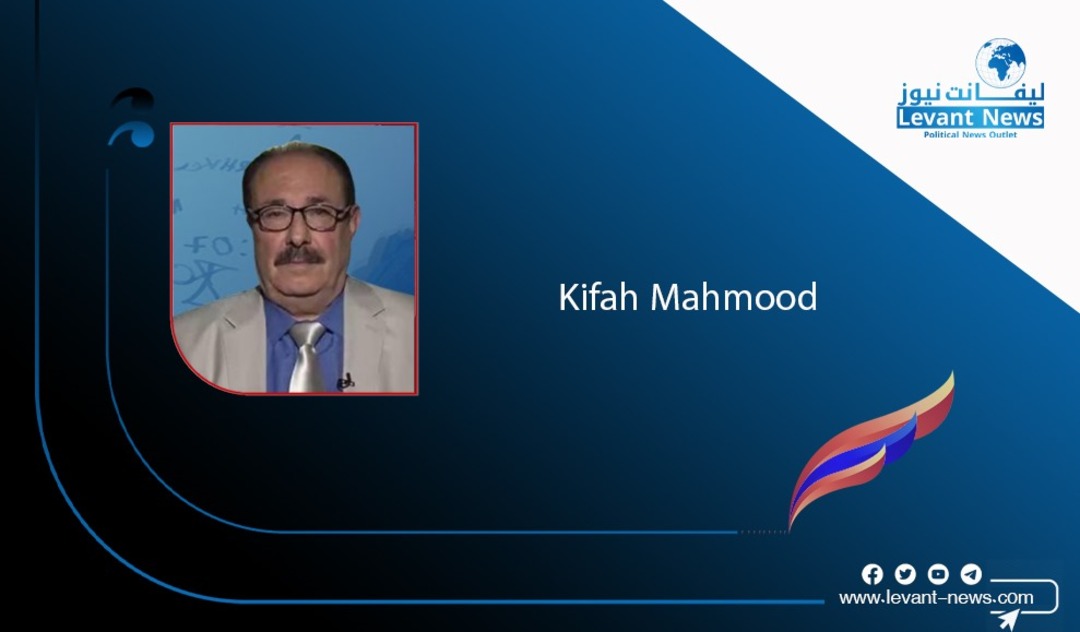-
From the "Component" State to the Citizen State

For an entire century, the Eastern and North African countries that define themselves through their "components" (Turkey, Iran, Iraq, Syria, Lebanon, and some North African countries) have remained unable to build a practical concept of citizenship: a unified identity that does not erase people's particularities but places everyone on equal footing before the law and opportunities. Instead, many regimes relied on Turkification, Arabization, or forced Farsi-speaking policies, or on politicized Islamization, Shi’ization, and Sunni-ization, leading to wars, massacres, displacement, demographic changes, and slogans that anesthetize reality without fixing it.
The roots of this failure are multiple: foremost is the legacy of history and the state’s structure inherited from the Ottoman millet system or the Sykes-Picot engineering, which gathered multiple groups within a narrow central state resistant to diversity. Then came the ideological state that imposed a single identity, turning schools, administration, and media into tools of assimilation rather than management of diversity. Moreover, rentier economy and clientelism played a dangerous role by buying loyalties and turning sectarian or partisan affiliation into a matter of rights. Independent judiciary was absent, security logic dominated politics, and as a result, citizens lost trust in the state. Additionally, political representation was based on sectarian and ethnic quotas and mediations, which reinforced fragmented identities instead of promoting citizenship. External interventions further deepened divisions by creating local proxies who thrived on ongoing conflicts.
The consequences were states hollowed out by slogans. When a state is used to forcibly unify people rather than protect them, the cost is high. The region experienced massacres such as the Armenian genocide in 1915, repressive campaigns against Kurds—from Dersim in Turkey (1937–1938) to Halabja and Anfal in Iraq (1986–1989)—and policies like the suppression of the Mahidabad Republic in Iran (1946), as well as the "Arab Belt" policies and revocation of citizenship in Syria. These policies coincided with waves of displacement, Arabization, and forced Farsi and Turkification. In Lebanon, quota-based management turned the state into a freeze-frame of coexistence rather than a citizenship management system, keeping the state weak and society fragmented.
The alternatives do not lie in changing one identity for another but in transforming the very structure of the state: a clear constitutional contract that affirms individual dignity, ensures true equality, and features decentralization or federalism that recognizes cultural and administrative particularities. Also essential are an independent judiciary, rights commissions with enforcement powers, an educational approach that acknowledges multiple historical narratives, and the separation of school and worship from politics. Security and financial management should be federated or decentralized, with local police under judicial oversight and transparent distribution of revenues based on needs, along with the right of regions to develop their economies. Transitional justice is also necessary to recognize victims, provide reparations, and heal the social fabric.
The Kurdistan Region of Iraq offers an important lesson: since 1992, it has been a model of identity protection through local governance within a shared state. Federalism was constitutionally established in 2005. Despite shortcomings—such as politicized administration, dependence on oil revenues, and tense relations with the federal government—it proved that diversity is not managed by forced melting but through institutions that allow people to decide their affairs within a federal framework. Developing this experience with transparency, separating political parties from the state, and ensuring judicial independence can transform it into an inspiring model.
In conclusion, the failure of "component states" was not a cultural fate but a political and institutional choice: assimilating people instead of protecting them, and dividing by identities instead of ensuring equality for individuals. The alternative path is known, albeit challenging: a constitutional citizenship embodied by just institutions; federalism or decentralization that protects and transforms differences into added value; and an open memory that recognizes all victims—from Armenians to Kurds in Turkey, Iraq, Iran, and Syria—not to entrench hostilities but to prevent their recurrence. Only then can we move from a hollow slogan-driven state to a citizen’s state that unites all under the rule of law and a shared belonging.
kifah mahmood
You May Also Like
Popular Posts
Caricature
opinion
Report
ads
Newsletter
Subscribe to our mailing list to get the new updates!




















